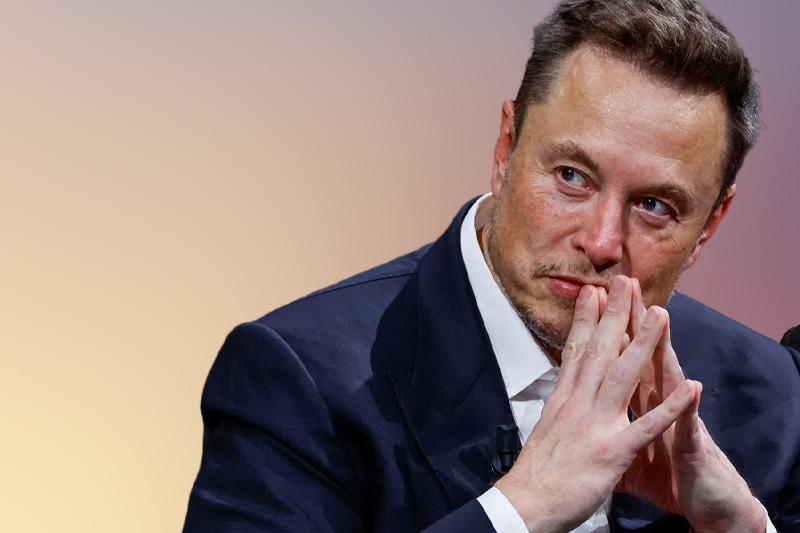
A World Without Work May Be More Dystopian Than Utopian: Here’s Why
The United Kingdom recently conducted the world’s first AI Safety Summit, following which Prime Minister Rishi Sunak decided to interview Elon Musk, the Chief Executive Officer of Tesla and the richest person in the world as of November 4 (6:18 AM GMT).
The interview focused on Musk’s views on generative AI and the regulation of the technology. He said: “… there will come a point where no job is needed. You can have a job if you wanted to have a job for personal satisfaction. But the AI would be able to do everything.”
Mental Health Benefits Of Employment
Musk’s conversation with Sunak has revived a debate on the issue of how we work that has long been discussed. Given more free time, people “start living better”, said Tom Hodgkinson, co-founder of the Idler magazine, which has long been a platform to discuss work and leisure.
Despite that, he noted, studies have shown paid work is beneficial for mental health, status and identity. In fact, experts believe a world without work may be more dystopian than utopian. Here is what we know on reaping the mental health benefits of employment.
A significant body of research in 2019, led by Brendan Burchell, professor in social sciences and a former president of Magdalene College, Cambridge, established that 8 hours of paid employment a week was optimal in terms of benefit in mental health.
Keep Reading
A World Without Work “Is A Terrible Idea”
Burchell said: “Your average job is good for you,” while setting aside the “awful jobs that really screw you up”. A world without work “is a terrible idea of what society would look like for all sorts of reasons, as well as people’s mental health,” he noted.
While shifting to shorter working hours is known to have “massive benefits”, Burchell said if the society transformed into one where scores of people are completely excluded from the labour market, “then I get very worried that’s going to be a very dystopian future.”




